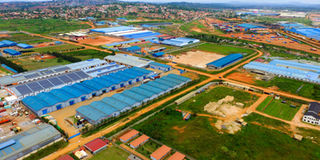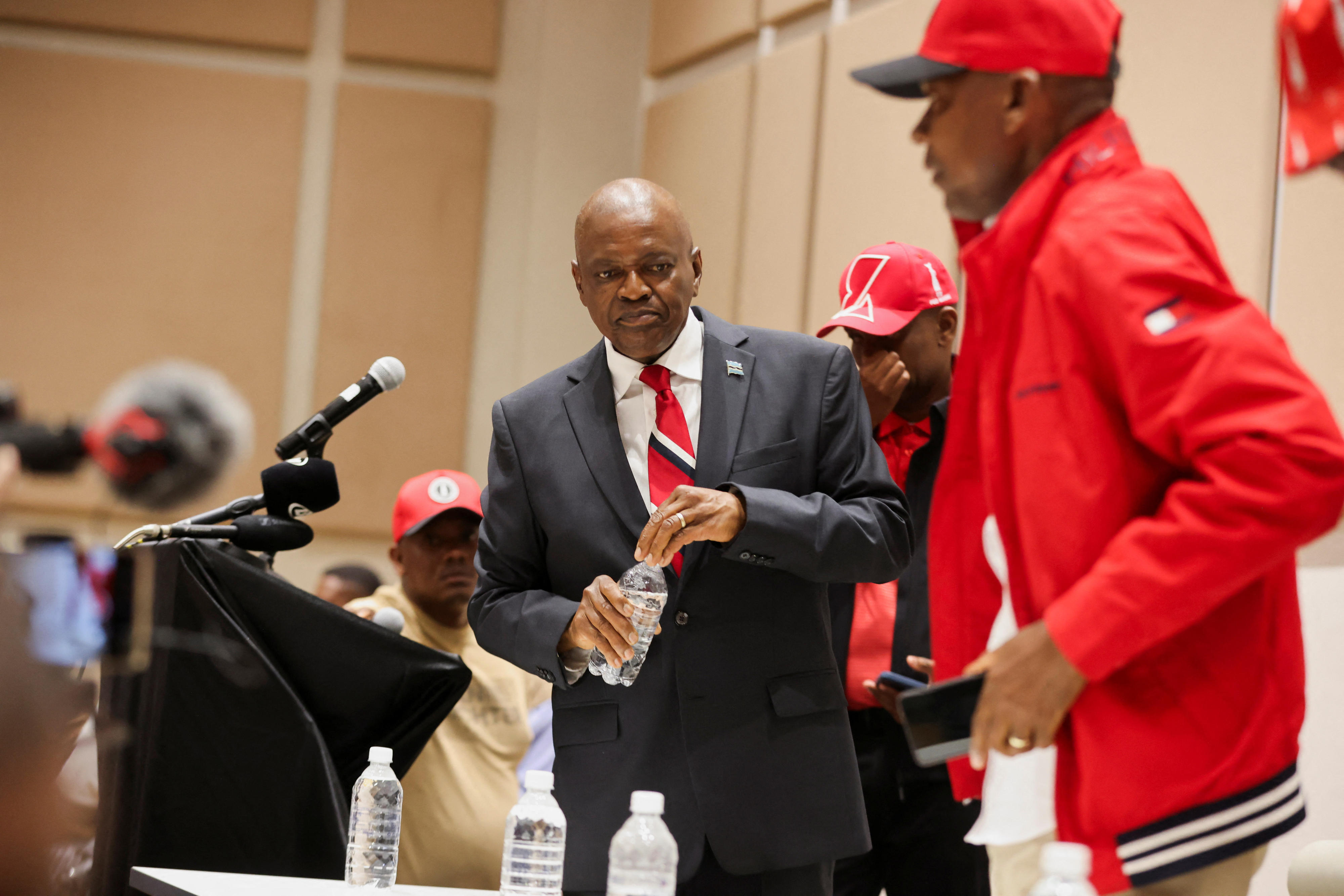Infrastructure procurement doing well despite high costs - report

Geo-mapping would necessitate entities to report and disclose the coordinates of projects. Photo/File
What you need to know:
- 94.5 percent of bidders were Ugandan firms, reflecting strong compliance with reservation schemes aimed at promoting local content in public procurement.
A report by CoST, a Civil Society Organisation focused on infrastructure development, has highlighted that infrastructure procurement in Uganda has maintained a proactive disclosure rate of 49 percent, despite significant cost and time overruns.
The report reveals that the average number of bids per tender was 73 percent, indicating a high level of competitiveness in infrastructure project bidding.
“On the other hand, 32 percent of projects went through domestic and that showed there was favourable business environment for local content enhancement,” the report reads in part.
Transparency was recorded at 66.7 percent, benefiting both citizens and participating entities.
However, the report notes a lower response from bidders to open tenders for public infrastructure projects, with an average of 1.38 bids received per opportunity.
On the positive side, 94.5 percent of bidders were Ugandan firms, reflecting strong compliance with reservation schemes aimed at promoting local content in public procurement.
Nevertheless, 39 percent of tenders attracted less than 3 bids, indicating a low bidder response.
However, the majority of contracts (75 percent) were awarded through open domestic bidding, suggesting an increase in domestic capacity.
Some projects, such as the design-build of the Kisoro-Rubuguri-Muko/Nteko road upgrading project spanning 72 km, experienced variations between market price and contract award prices, with a difference of 72 billion observed.
The report also highlights the absence of contract awards to women, youth, and persons with disabilities. Inclusive procurement should be a deliberate approach to integrate all citizens into the economic sphere.
Furthermore, the report identifies a lack of provision for geo-mapping of projects due to the absence of legal requirements. Geo-mapping would necessitate entities to report and disclose the coordinates of projects.
During the report's release on July 13, Petter Mathews, the Executive Director of CoST, emphasised the need for ongoing collaboration between the government and the private sector to promote business fairness in the country.
"To avoid low response to tenders and increase private sector participation, procurement transaction costs should be reduced," said Mathews.
He called on the Public Procurement and Disposal of Public Assets (PPDA) to work towards reducing these costs.




